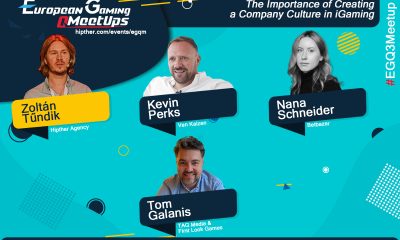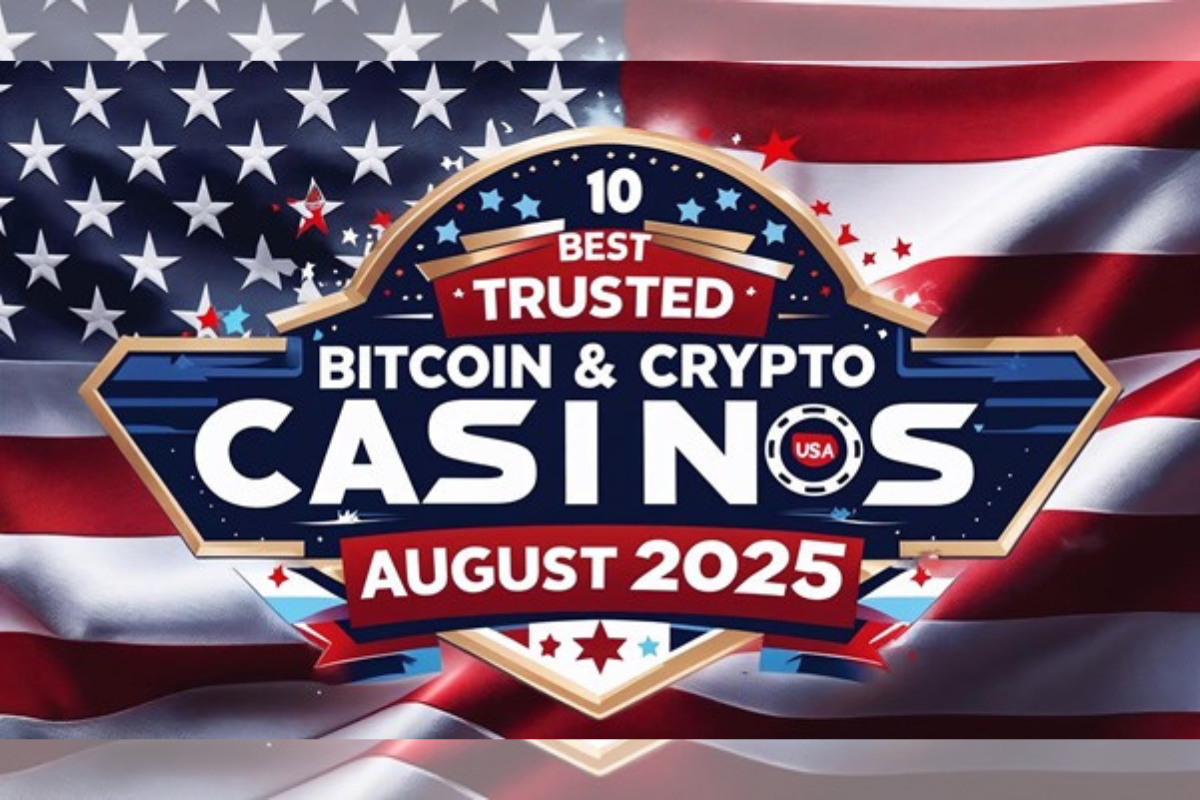Interviews
“Prove it”: how bad recruitment squanders good culture
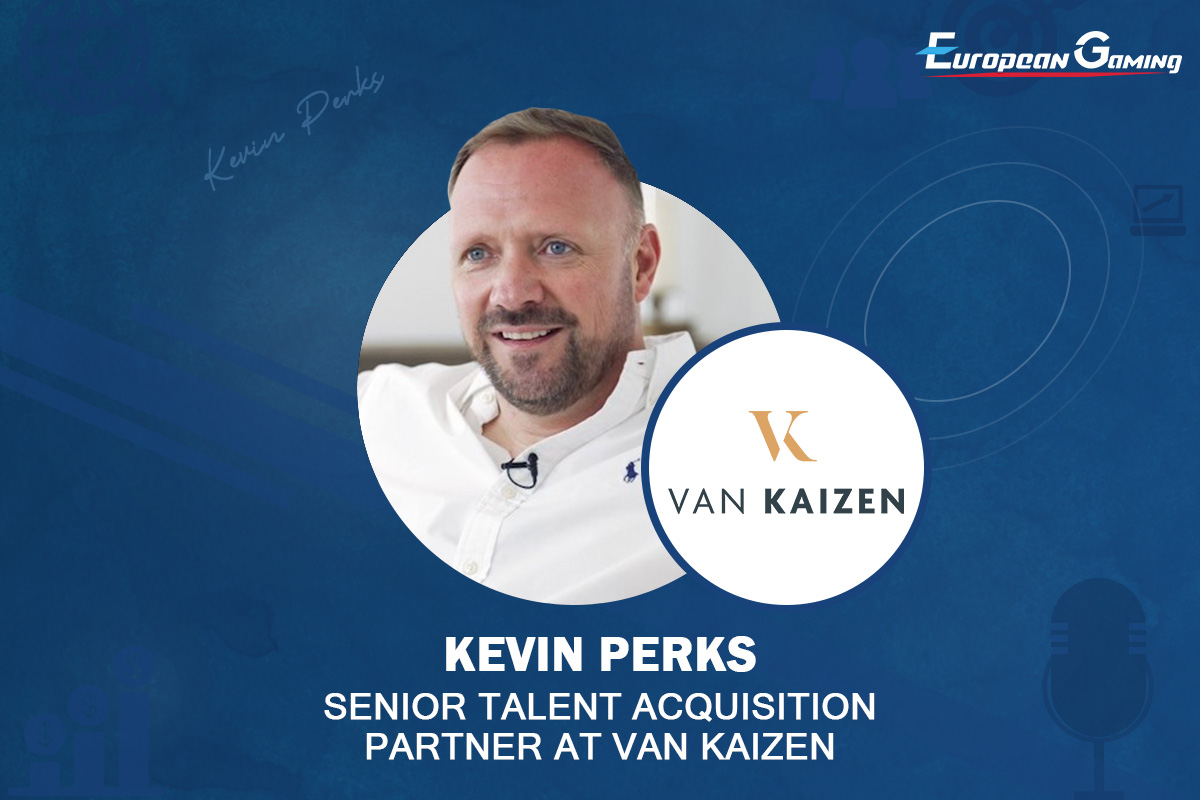
Most gaming businesses understand that culture is a deciding factor in the competition for talent. Despite that, many of them still don’t see the recruitment benefit of their cultural capital, says Kevin Perks, Senior Talent Acquisition Partner at Van Kaizen.
How important is your culture to your talent strategy, really?
Super important. Culture is an easy catch-all term for the way it feels to work in your business. It’s about some mix of authenticity, transparency, autonomy, growth and development, emotional support, social satisfaction, working environment, and a host more things, because there’s no one-size-fits all. Assuming you tick the basic boxes of a decent salary and a well thought out role, culture is what will really attract someone to your company over somewhere else.
So a good culture is the key to attracting the best staff?
Absolutely, but attracting them isn’t enough. Think of it like B2C marketing: your culture is your product and talented staff are your consumers. Everyone in this industry intuitively understands that attracting people to check out your product is just the start of the journey. Then you have to convert them and you have to retain them. If you don’t invest in those processes, your product, your culture, it’s not doing you any good because the consumer never really experiences it.
Where do employers commonly get that process wrong?
With a good culture, attraction is the relatively easy part. If your current staff speak well of you as an employer and you do a decent job of employer branding, you’ll get over the first hurdle. People will send their CVs in, and they’ll come to interviews. For a headhunter like me, it gives me something to lead with when I drop into a great passive candidate’s inbox or get them on the phone. And boy do I sell; employers often don’t know how much free marketing they get from a headhunter pitching them to dozens of candidates for every open role!
No, where a lot of firms go wrong is on the conversion part of the journey. That’s where I spend the vast majority of my time as a headhunter. There has to be a connection between the culture you’re selling, and the recruitment process the candidate actually experiences. Everyone knows words are cheap, so the in-demand candidates are looking for real authenticity when they get to the mutual qualification process. It’s like they’re saying, “I hear you have a great culture, so prove it.”
What are the biggest red flags for candidates in that position?
Speed is the biggest one. Does it take you 10 days to decide after an interview? They just mentally crossed out the “fast paced environment” line from your job description. Is the hiring manager apologising because they need input from managers X, Y, and Z? There goes your promise about “autonomy and self-direction”. Do you have four interviews, three forms, and a standardised test? They don’t believe your “dynamic and people-oriented” claim anymore.
Sometimes the opposite is true, too. It is less common, but super-rapid processes with little obvious oversight or structure can also leave a candidate feeling like the business is chaotic, the role is poorly defined, or that there isn’t really competition for the role. Candidates like to feel they’ve earned their progress, after all.
What does the ideal recruitment process look like?
Your interview process is a candidate’s first personal experience of your culture, so it has to be authentic to what your business is like and there’s no single answer. That said, there are some benchmarks that I see working well across the industry.
It is important to outline the process and expected timelines at the beginning. This requires a clear internal process where all of those involved, from the HR manager to the hiring manager, are aligned on what is happening when. This process doesn’t need to be standardised across the organisation as different departments recruit differently, but there must be cohesion between those involved in the process.
A two-interview process works well. The first gives both sides the opportunity to discuss the role, the candidate’s skill set and ambitions, and what the company has to offer. A second interview around 3 or 4 working days later allows everyone to digest, reflect, and come back with useful questions for a deeper conversation. It is important this is a two-way process: the candidate is qualifying the opportunity as much as you are qualifying them.
Timely interview feedback is essential, for successful and unsuccessful candidates. If you have the mindset that what you are doing here is not just filling a seat, but letting people experience your culture, then the unsuccessful candidates are just as important as the successful ones. Yes, you have to interview a lot of people so feedback can be time consuming, but by the same token, what do you want those dozens, hundreds, or thousands of people to be saying about your company in a small industry in the years to come?
What’s the reward of getting all that right?
What’s the cost of getting it wrong? That’s usually easier to quantify. How much does it cost to keep a sales seat with an unfulfilled target open for four months while you find someone? What happens to the roadmap when you’re a developer short? What is the impact on your team morale if you get someone with the wrong skill mix? What will it do to your market share when the top candidate choses your main competitor? Everyone can fill a seat, eventually, the challenge is filling it quickly with the right person.
What difference does a headhunter make?
External perspective on your processes. A view across the industry of recruitment best practices. Confidentiality and an arm’s length when approaching staff at competitors or in sensitive positions.
In my mind, though, the most overlooked benefit is having someone that is wholly results based. At Van Kaizen we don’t take a base salary, we earn solely on commission. No placement, no income, really focuses the mind and drives me and my colleagues to find the very best people out there.
And how do I do that? By selling your culture, person to person, over the phone, to dozens of candidates for every shortlist I build. Over the years, that is hundreds of people getting their first tailored experience of your culture.
Just make sure when the shortlist lands, your processes prove I was selling the truth.
-
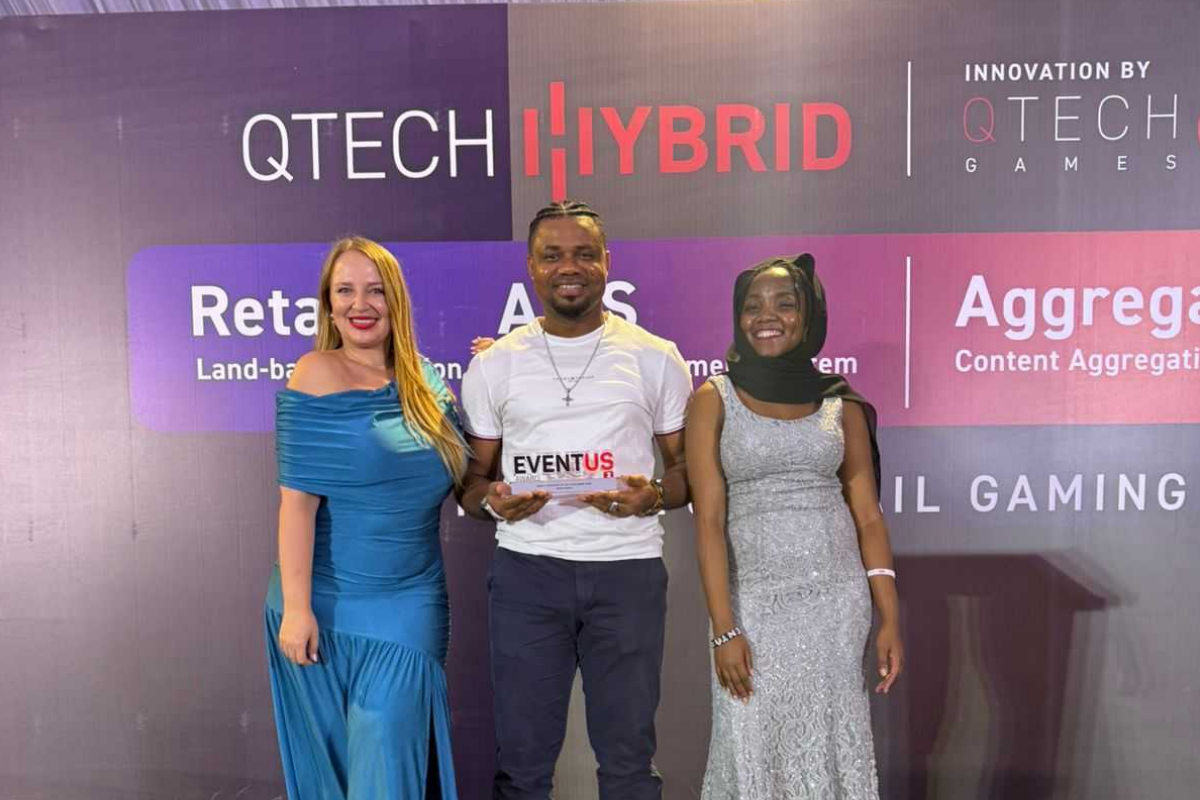
 Africa5 days ago
Africa5 days agoQTech Games wins Best Innovation of the Year at the 2025 SBWA+ Eventus Awards
-
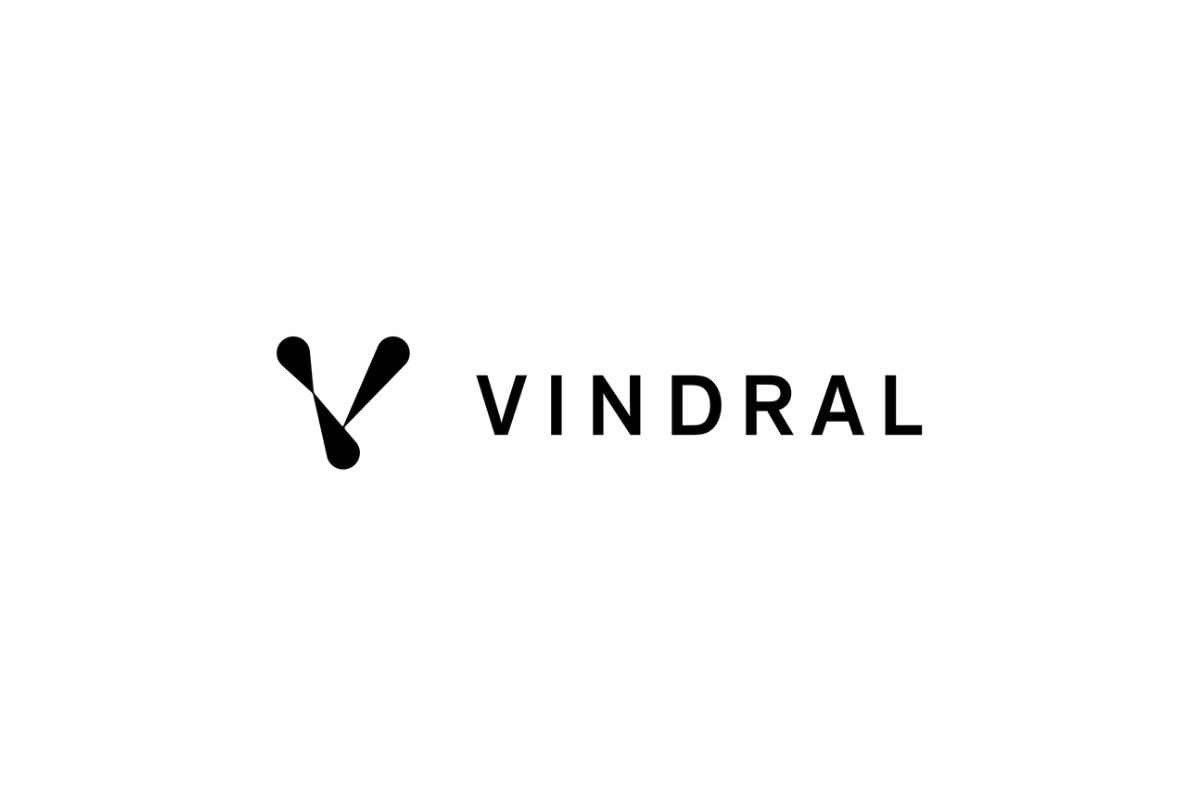
 Latest News5 days ago
Latest News5 days agoVindral appoints Henrik Fagerlund as Chairman of the Board
-

 Asia4 days ago
Asia4 days agoNODWIN Gaming and JioStar Unveil OnePlus Android BGMS Season 4
-

 Latest News5 days ago
Latest News5 days agoCalema to Perform at Legends Charity Game in Lisbon
-
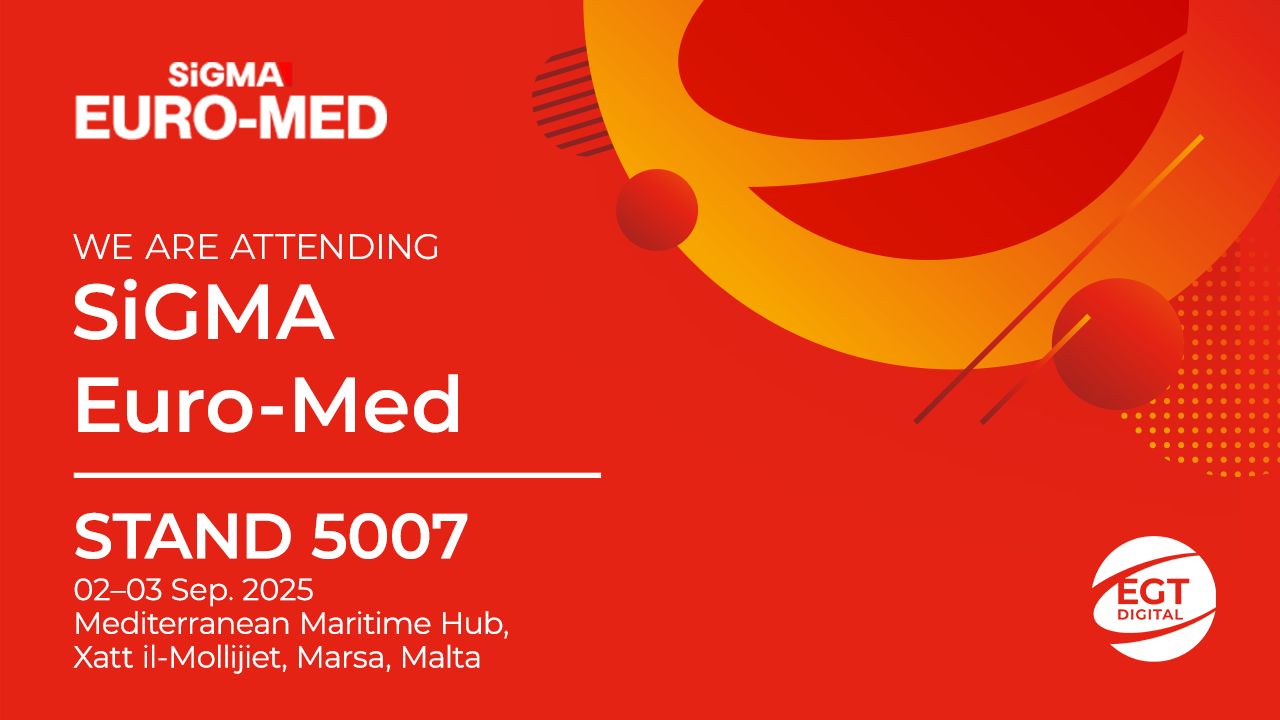
 Conferences in Europe5 days ago
Conferences in Europe5 days agoEGT Digital and EGT to rock the show at SiGMA Euro-Med 2025
-

 Latest News4 days ago
Latest News4 days agoPush Gaming redefines its portfolio, unveiling new game categories and sub-brand for extended player reach
-
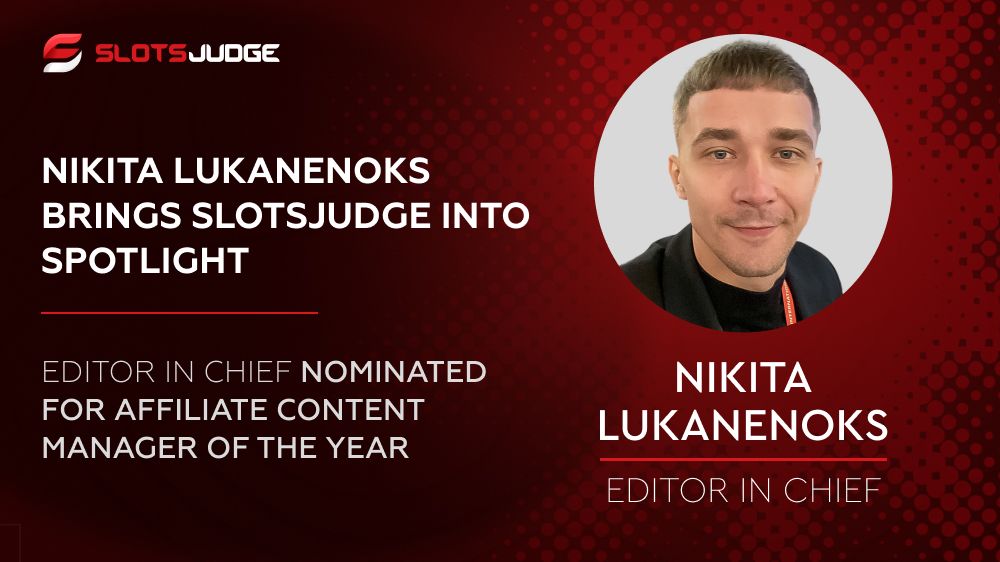
 Affiliate Industry4 days ago
Affiliate Industry4 days agoNikita Lukanenoks Brings Slotsjudge Into Spotlight With Affiliate Leaders Awards 2025 Nomination
-
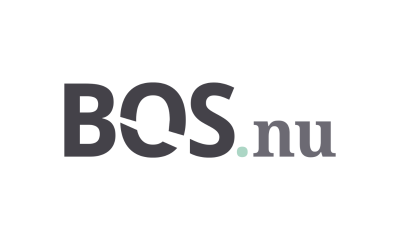
 Compliance Updates4 days ago
Compliance Updates4 days agoNew channelization assessment from the Gambling Authority confirms Sweden’s problem








